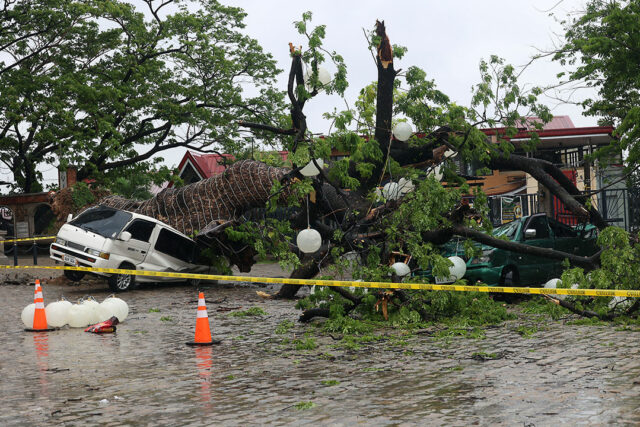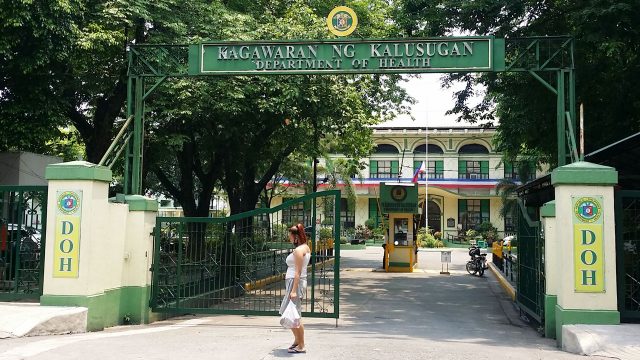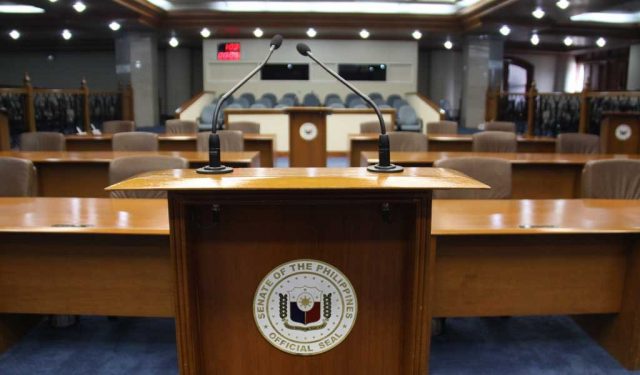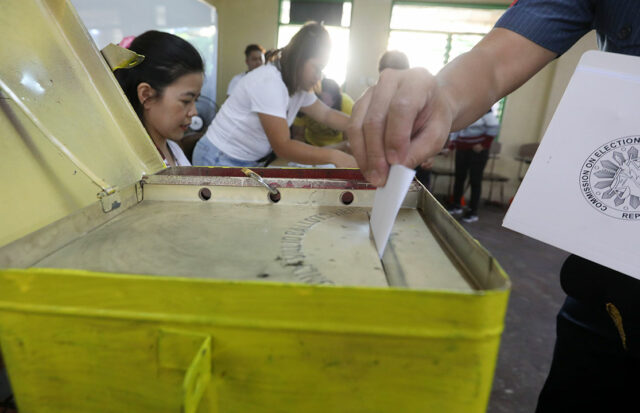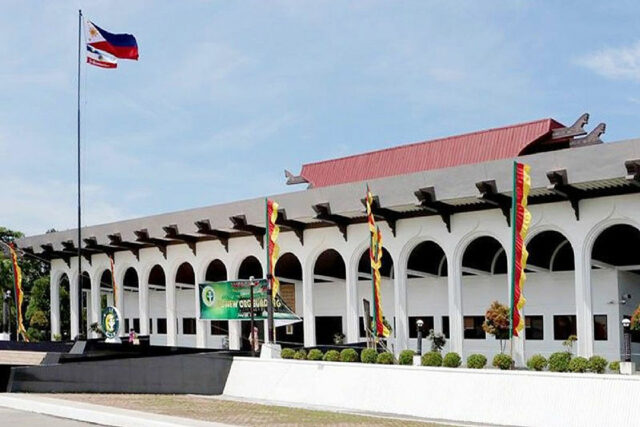THE MAIN INDEX plunged to the 6,800 level on Tuesday amid continued worries over the reelection of Donald J. Trump as US president.
The Philippine Stock Exchange index (PSEi) declined by 1.87% or 129.90 points to close at 6,810.11 on Tuesday, while the broader all shares index fell by 1.2% or 46.68 points to 3,820.34.
Tuesday’s close was a near three-month low for the PSEi as this was its worst finish since it ended at 6,692.91 close on Aug. 15.
“The local market extended its decline to a fifth straight day this Tuesday. Lingering headwinds including the weak peso and the impact of US President-elect Donald Trump’s planned protectionist policies on the global economy continued to weigh on sentiment,” Philstocks Financial, Inc. Senior Research Analyst Japhet Louis O. Tantiangco said in a Viber message.
“Adding to this was Fitch Solutions’ BMI’s downgrade of its Philippine 2024 economic growth forecast from 6% to 5.8%,” he added.
Asian stocks tumbled on Tuesday dragged by Chinese markets and chip shares as investors worried about Mr. Trump’s policies, Reuters reported.
MSCI’s broadest index of Asia-Pacific shares outside Japan was down 1.7% to its lowest since Sept. 25, with Taiwan shares sliding over 2% and South Korean stocks 1% lower.
Meanwhile, the peso dropped to an over four-month low of P58.831 per dollar on Tuesday, down by 23.60 centavos from its P58.595 close on Monday, according to Bankers Association of the Philippines data.
“Philippine shares sank as investors weighed a drop in foreign direct investments. Many are already making assumptions heading into 2025 with more companies reporting third quarter earnings,” Regina Capital Development Corp. Head of Sales Luis A. Limlingan added in a Viber message. “Meanwhile, in the US, stocks climbed Monday as post-election rally pressed forward.”
All sectoral indices closed lower on Tuesday. Property retreated by 2.32% or 61.56 points to 2,590.14; services dropped by 2.21% or 47.42 points to 2,089.32; industrials went down by 1.72% or 166.21 points to 9,465.27; financials sank by 1.64% or 37.34 points to 2,234.20; mining and oil decreased by 1.46% or 119.59 points to 8,029.55; and holding firms declined by 1.09% or 64.65 points to 5,837.24.
“There were only three index members that gained this Tuesday, led by DMCI Holdings, Inc., climbing 1.12% to P10.82. Universal Robina Corp. was at the bottom, plunging 5.42% to P90.75,” Mr. Tantiangco said.
Value turnover rose to P5.59 billion on Tuesday with 622.73 million shares traded from the P3.84 billion with 548.52 million issues that changed hands on Monday.
Decliners outnumbered advancers, 134 versus 61, while 63 names were unchanged.
Net foreign selling climbed to P1.11 billion on Tuesday from P740.09 million on Monday. — Revin Mikhael D. Ochave with Reuters

